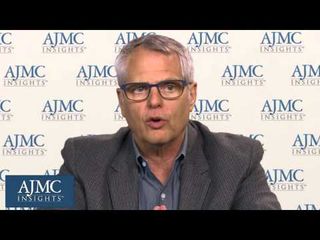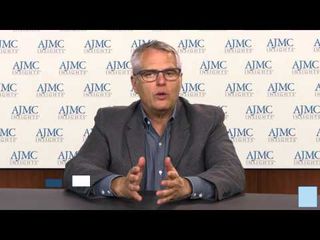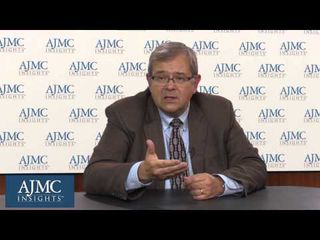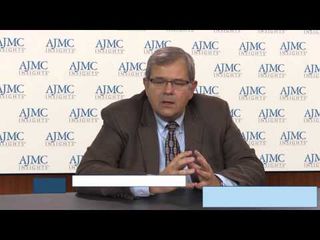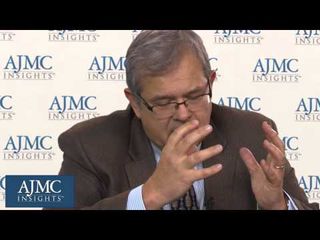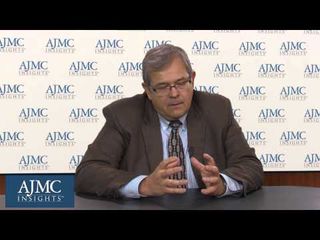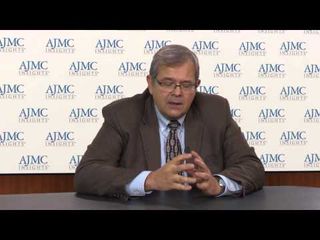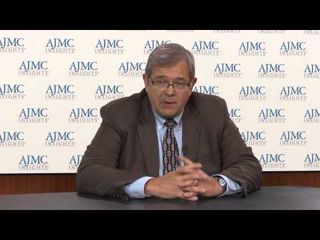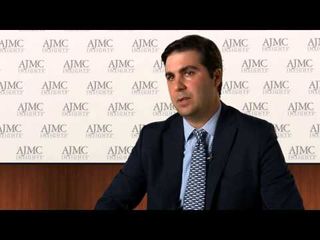
Oncology
Latest News
Latest Videos

CME Content
More News

At the annual meeting of the American Society of Hematology, experts discussed quality measurement, public performance reporting, and pay-for-performance and it's impact on healthcare in the United States.

Thirteen hematologists on the American Society of Hematology(ASH)'s Choosing Wisely Task Force chose the top 5 of 380 recommendations listed by 70 other societies for presentation at ASH.

The authors of the study recommend lowering the screening age for colorectal cancer (CRC), especially for first-degree relatives of CRC patients and those with a genetic predisposition to the disease.

Top managed care stories this week included UnitedHealth reporting larger-than-expected losses on Affordable Care Act health plans, new guidelines from the government that will improve patient access to medical records, and new information that can reduce risk of diabetes.

Kavita Patel, MD, fellow in economic studies and managing director at Brookings Institution, discussed how the cost of drugs should be accounted for in the total cost of care, and the importance of considering patient needs when offering drugs.

Carfilzomib has been approved by the FDA for use in combination with dexamethasone or lenalidomide, in patients with relapsed/refractory multiple myeloma who have previously received 1 to 3 lines of therapy.

At a joint session at the annual meeting of the American Society of Hematology, primary clinical reviewers from the FDA discussed the safety and efficacy issues of 3 very recently approved drugs for multiple myeloma, along with 2 clinicians who have extensive experience with these drugs in the real-world setting.

A session on the first day of the annual meeting of the American Society of Hematology, held December 5-8, 2015, in Orlando, Florida, clinicians discussed the promise and challenges of using newly approved hematology/oncology agents.

An estimated 15.7% of individuals 65 or older may have received nonrecommended screenings for prostate and breast cancer, according to a new study published in JAMA Oncology.

Palliative care initiated in the emergency department for patients with advanced cancer improves quality of life without shortening survival.

The study found a stronger association than researchers expected; it appears that risky behavior in one area implies risky behavior elsewhere.

At the 57th annual meeting of the American Society of Hematology, oncologists discussed trial data evaluating combination therapies for multiple myeloma and lymphoma.

A retrospective analysis of data from the National Cancer Data Base has found that patients who had cancer surgery at 56 days after the end of combined chemoradiotherapy presented with the best overall survival and successful removal of their residual tumors.

A study presented at the 2016 Cancer Survivorship Symposium hosted by the American Society of Clinical Oncology has identified significant uncertainty on who is responsible for the care of cancer survivors.

The new rule has implications for personalized medicine, because having access to records helps tailor treatments for everything from cancer to chronic conditions.

The results of a new JAMA study underscore the importance of advance care planning in improving the quality of care that patients receive at the end of life.

A review of WalletHub's list of the least expensive states to smoke shows there's a definite relationship between the cost of lighting up and high rates of smoking among adults, based on CDC data.

A new study from England has found that advertisements that promote e-cigarettes with flavors such as chocolate and bubble gum are more likely to attract school children to buy and try e-cigarettes.

Radiologists and breast cancer specialists disagree with the US Preventive Services Task Force recommendation of raising the age of screening mammography to 50 years.

This week in managed care the top stories included the announcement of a initiative to cure cancer, pharmaceutical company executives brushed off public outrage over drug prices, and the president's nominee for FDA commissioner has passed his first hurdle.

Less than 50% of patients diagnosed with Hodgkin lymphoma between 15 and 39 years of age received recommended care within the first year after their treatment, a Kaiser Permanente study has found.

All this week, the healthcare industry, especially analysts and investors, focused their attention on presentations by CEOs and CFOs at the 34th annual JP Morgan Healthcare Conference.

A proposal to reduce Medicare Part B payment rates for hospitals participating in the 340B Drug Pricing Program has been approved 14-3 by the Medicare Payment Advisory Commission.

The National Immunotherapy Coalition has coalesced leaders from large pharma, biotech, academic cancer centers, community oncologists, and a health plan, with the hope of accelerating the development path of next generation immunotherapy in oncology.

The American Journal of Managed Care asked Matthew Banegas, PhD, MPH, Kaiser Permanente Center for Health Research, to comment on his new study published in Health Affairs.

